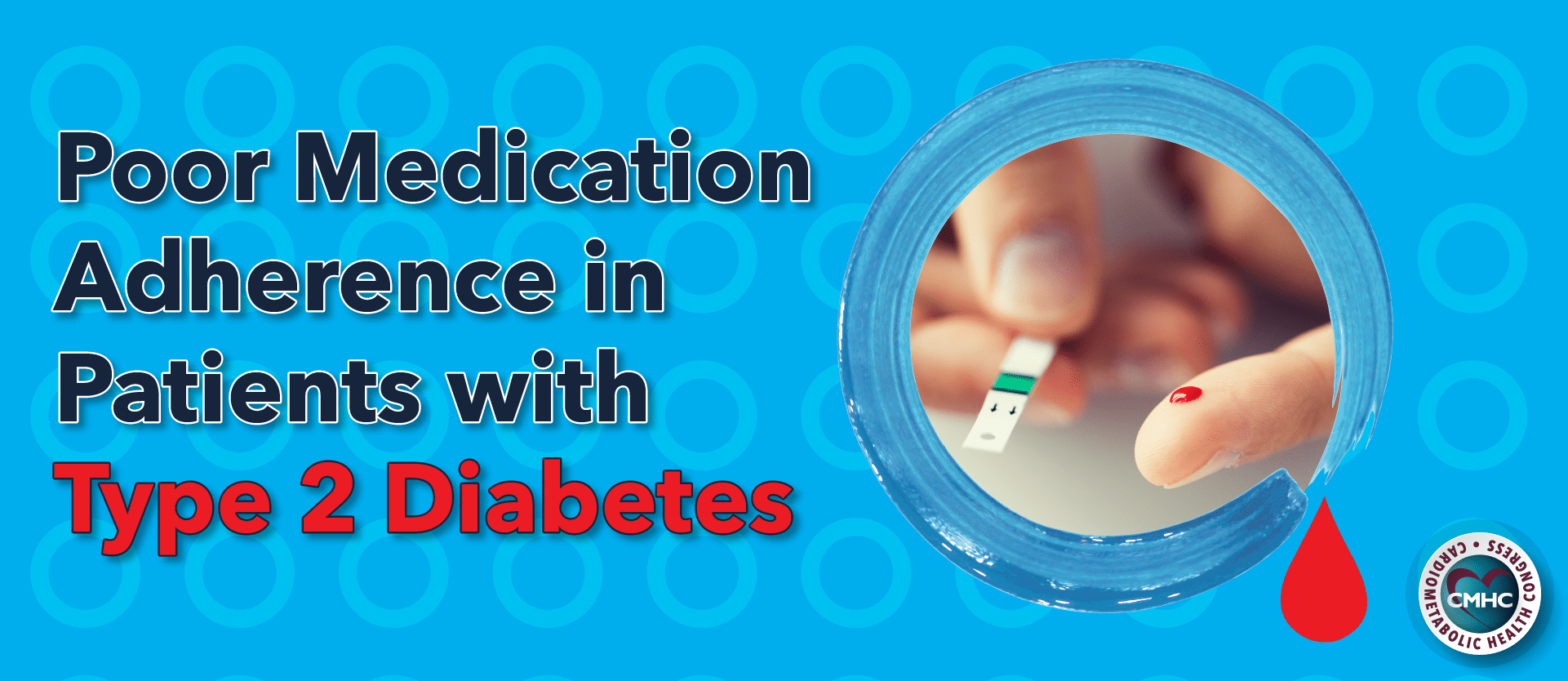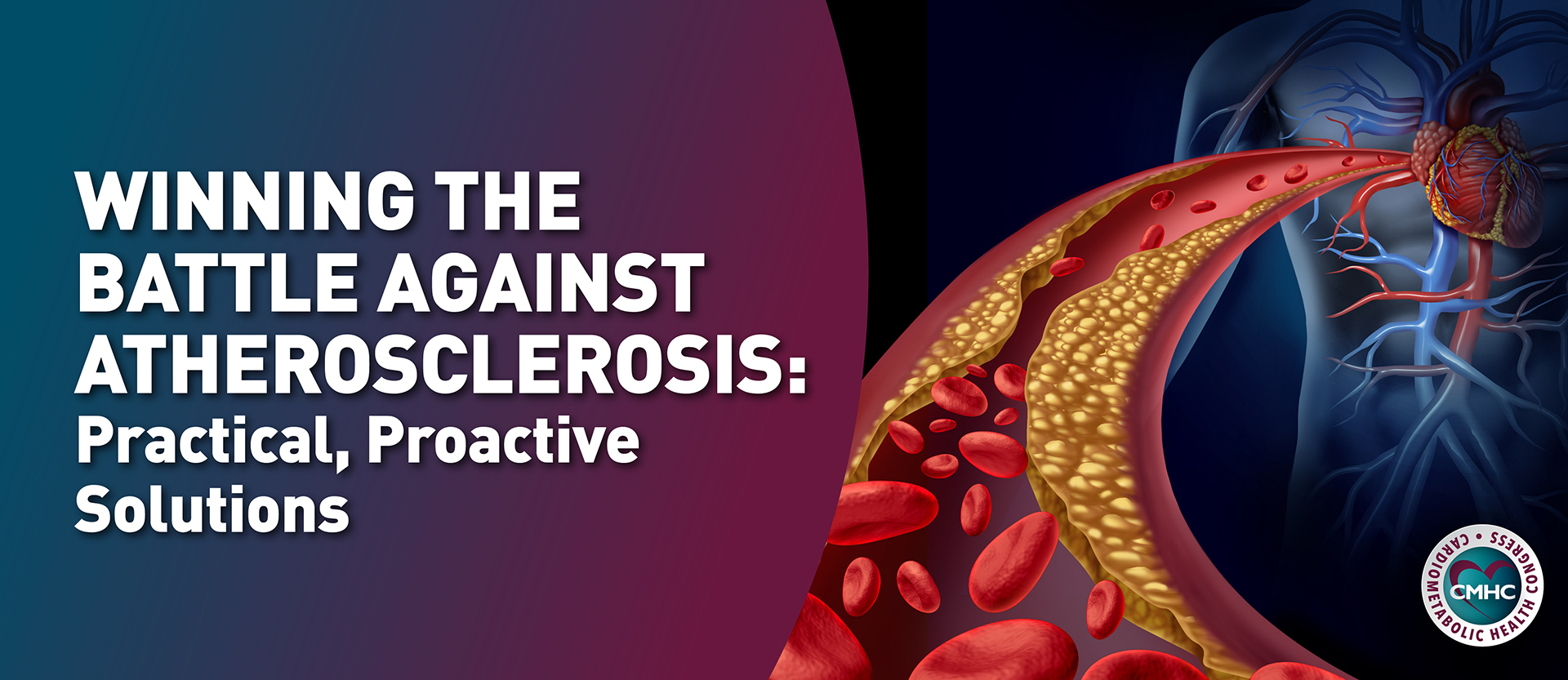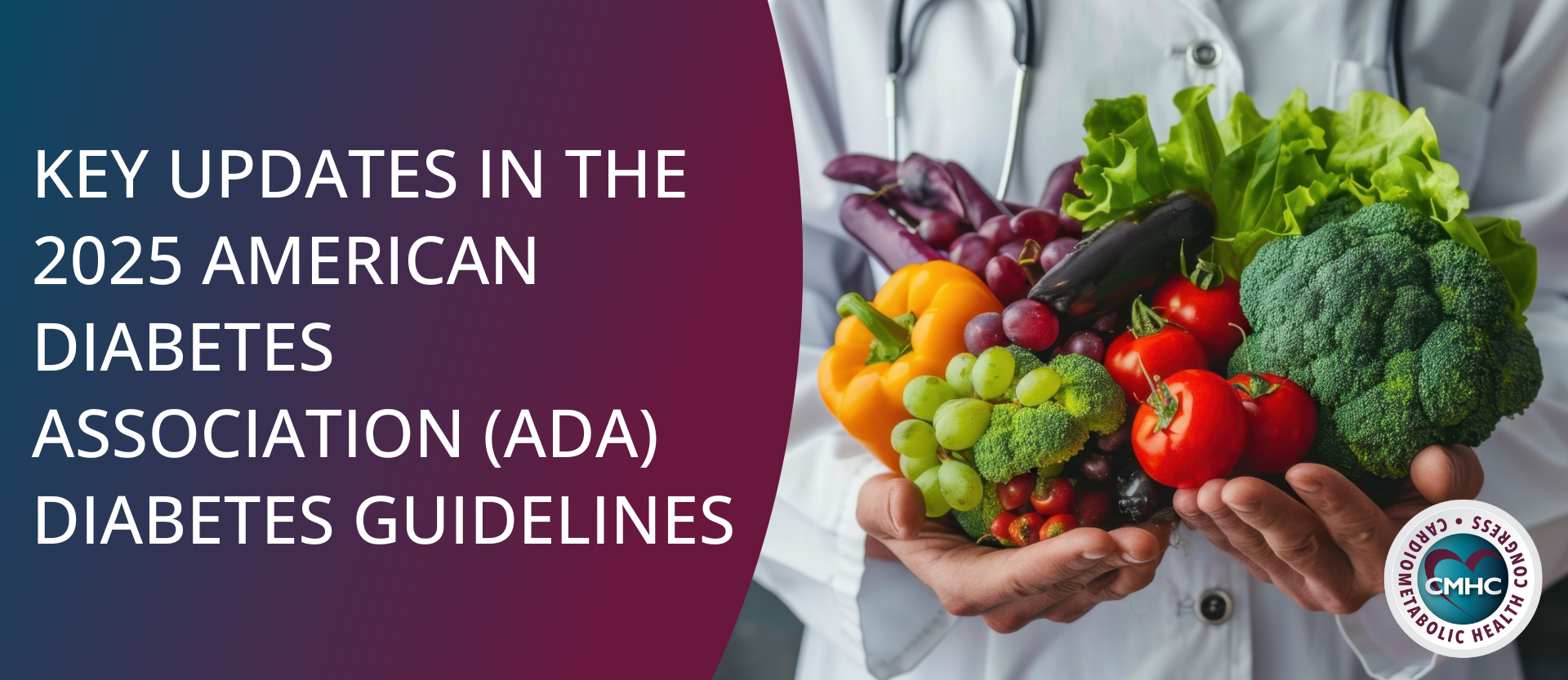Nearly one-third of patients with type 2 diabetes may not be taking their medications correctly, according to a new screening approach conducted by the National Centre for Drug Adherence Testing (NCAT) at Leicester’s Hospitals. Researchers from NCAT – the first and largest adherence testing center in the world – along with their colleagues from the University of Leicester have begun evaluating patients to better understand their approach to medicines and get an accurate measure of medication adherence.
Successful management of diabetes is reliant upon proper self-care, which includes taking medication as prescribed in order to reduce or prevent serious health complications. However, the new study has revealed substantial medication non-adherence in patients with type 2 diabetes. Researchers examined urine samples from 223 patients during their annual diabetes review, screening them for 60 different types of medications used in the treatment of diabetes, cardiovascular disease, and hypertension.
The study revealed that 28.1% of patients had taken either none or only some of their prescribed medications, especially in the case of statins – which was the least adhered to class of drugs. Statins have been linked to muscle pain, digestive problems, and other uncomfortable side effects which could be related to decreased adherence.
Additionally, the study findings highlight the correlation between medication and improved clinical outcomes. Patients who had not been taking prescribed medications had significantly higher blood pressure, more lipid abnormalities, and higher levels of microalbumin than their adhering counterparts. Results confirmed the importance of medication adherence for optimal diabetes management.
Using a screening method based on liquid chromatography-tandem mass spectrometry (LC-MS/MS), the team revealed a potential new protocol for testing medication adherence in patients. To date, most physicians have to rely on patient’s self-reported adherence measures, which are often inaccurate and overestimated. Reducing the amount of self-reported data will ensure optimized treatment plans and management strategies, while further studies using LC-MS/MS as a diagnostic tool could lead to improved clinical outcomes.
However, an established weakness of the study was that urine samples were only able to provide a snapshot of non-adherence. More research is necessary to confirm whether liquid chromatography-tandem mass spectrometry can provide information about potential long-term outcomes.
As medication adherence is crucial for diabetes management, early detection of non-adherence utilizing this method could provide physicians with objective data for devising the appropriate treatment plan. Once detected, non-adherence should be discussed with the patient to help them overcome issues they may be facing and ensure that they take medication as prescribed in order to prevent further complications such as kidney disease, cardiovascular problems, and even limb amputation. Ensuring compliance in an increasingly non-adherent patient group is a necessary step toward optimal diabetes management and care.


















